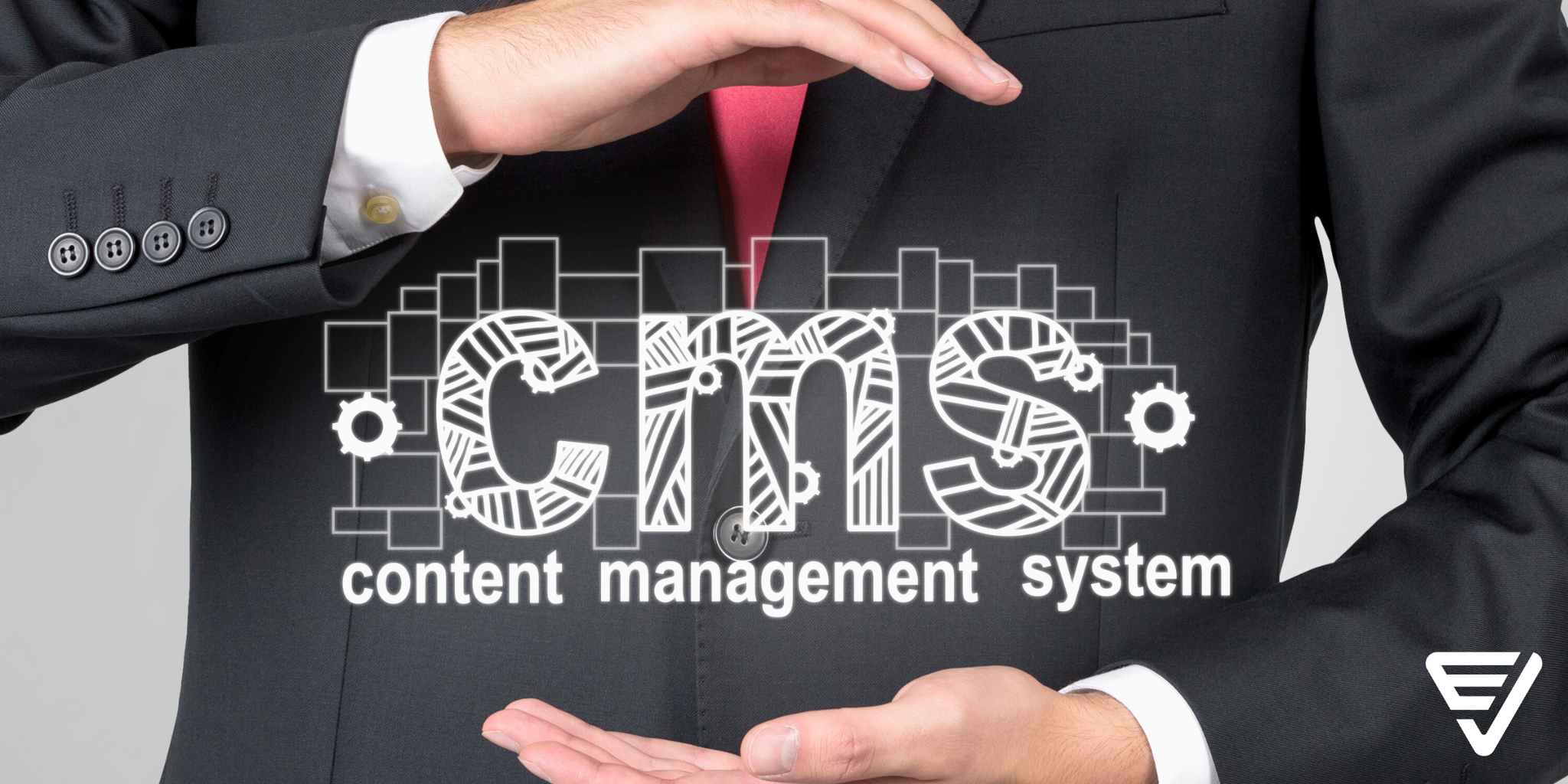
Key Characteristics To Evaluate When Choosing A Content Management System (CMS)
The key component to look out for in a digital landscape is a Content Management System (CMS). Content has all the power to take your website to the next level. You can launch a blog, corporate website, or even an e-commerce platform after checking these key characteristics on your CMS. With this blog, you can explore all the key characteristics and CMS platforms that can be a warrant after some careful considerations that navigate a vast array of CMS options.
15 Characteristics to look for in CMS
Choosing a Content Management System (CMS) is a pivotal decision for online endeavors. To guide this choice effectively, understanding key characteristics such as user-friendliness, scalability, and security becomes paramount.
1. Userbase Community
A robust and active community within a CMS ecosystem can be a game-changer. When users can seek assistance and provide feedback within a supportive community, problem-solving becomes more dynamic. Whether it's troubleshooting issues, sharing best practices, or discussing innovative solutions, a thriving community enhances the overall user experience and ensures that users are not isolated in their CMS journey.
2. Customization
The ability to personalize the CMS to align with specific requirements is a critical factor. A universal solution seldom meets the varied needs of the dynamic digital terrain. A CMS should offer customization options that allow users to tailor the appearance, functionality, and overall user interface to meet their unique branding and content management needs. Personalization not only enhances the user experience but also contributes to the creation of a distinct and memorable online presence.
3. Capacity to understand and apply
User-friendliness is paramount when evaluating a CMS. The platform should be designed with an intuitive interface that allows users of varying technical backgrounds to navigate effortlessly. Whether it's content creation, editing, or overall system management, a CMS should be accessible and comprehensible, minimizing the learning curve and empowering users to focus on content development rather than wrestling with the complexities of the platform.
4. CMS Plugins and Modules
The adaptability and extensibility of a CMS are crucial considerations. An effective CMS should support a rich ecosystem of modules and plugins, enabling users to extend its functionality seamlessly. Whether it's integrating third-party tools, adding new features, or enhancing existing capabilities, the ability to extend a CMS through modular components ensures that it remains versatile and can evolve alongside changing business or content management requirements.
5. Programming Proficiency
While not a mandatory requirement for all users, the availability of programming expertise as an option enhances the flexibility of a CMS. For those with coding skills, the CMS should provide avenues for deeper customization, allowing users to implement bespoke functionalities, integrate unique features, or undertake advanced modifications. This characteristic caters to a more technically inclined user base, providing the means to tailor the CMS to specific and intricate requirements.
6. Cost
Understanding the cost associated with a Content Management System (CMS) is a pivotal aspect of the decision-making process. CMS options vary widely in terms of pricing models, ranging from open-source solutions with no upfront costs to proprietary systems that may involve licensing fees or subscription charges. It's crucial to assess not only the initial setup costs but also the long-term expenses, including maintenance, updates, and potential scalability-related expenditures. A transparent understanding of the overall cost of ownership ensures that the selected CMS aligns with the budgetary constraints and financial objectives of the organization or individual.
7. Hosting Options
CMS hosting is a fundamental consideration that directly impacts the performance, security, and accessibility of your digital content. Different CMS platforms offer various hosting options, including self-hosted solutions and managed hosting services. Self-hosted options provide more control over server configurations but require technical expertise for setup and maintenance. On the other hand, managed hosting services offer convenience by handling technical aspects like server management, security, and backups. Choosing the right hosting option depends on factors such as technical proficiency, resource availability, and the level of control desired over the hosting environment.
8. Scalability
Scalability is a critical characteristic of a CMS, especially in the context of growing content requirements and increasing user traffic. A CMS should exhibit the ability to scale seamlessly to accommodate expanding needs without compromising performance. Scalability ensures that as your website or application gains popularity and experiences increased demand, the CMS can handle the load efficiently. This characteristic is vital for future-proofing your digital platform and avoiding the need for a disruptive migration to a different CMS as your requirements evolve.
9. Editing and Formatting Tools
At the heart of any CMS lies its content creation and editing tools. The availability and effectiveness of these tools directly impact the efficiency of content management. A robust CMS should provide tools for formatting text, incorporating multimedia elements, and managing various content types. Rich text editors, image and video embedding capabilities, and version control features contribute to a streamlined content creation process. Assessing the adequacy of these tools is crucial to ensuring that content creators can produce engaging and error-free content, facilitating a seamless content management workflow.
10. Multilingual Support
In our globalized digital world, the ability of a CMS to support multiple languages is increasingly crucial. Whether targeting an international audience or catering to diverse linguistic communities, a CMS with robust multilingual support ensures content accessibility and inclusivity. This feature not only facilitates seamless translation but also allows for cultural adaptation, enabling businesses and content creators to connect with a broader and more diverse audience, and fostering a truly global online presence.
11. Mobile Responsiveness
With the prevalence of mobile device usage, a CMS should prioritize mobile responsiveness. Ensuring that the platform seamlessly adapts to various screen sizes and devices enhances user experience, expands audience reach, and aligns with contemporary browsing habits. A mobile-responsive CMS not only improves accessibility but also contributes to search engine optimization, as search engines increasingly prioritize mobile-friendly websites, reinforcing the importance of staying responsive to technological trends and user preferences.
12. Content Versioning and Revision History
Content management involves constant updates and revisions. A CMS should offer versioning and revision history features, allowing users to track changes, revert to previous versions, and collaborate effectively. This ensures content accuracy, facilitates collaboration, and provides a safety net for content creators. Robust versioning capabilities also contribute to content auditing and compliance, enabling organizations to maintain a clear record of content modifications for regulatory purposes and internal accountability.
13. Compliance and Accessibility Standards
Adherence to industry standards and accessibility guidelines is essential, especially for websites targeting a broad audience. A CMS should comply with web accessibility standards (e.g., WCAG) and other relevant regulations to ensure that your digital content is accessible to users with disabilities and meets legal requirements. This commitment to compliance not only broadens the potential user base but also establishes trust with visitors, showcasing a dedication to creating an inclusive and user-friendly online environment.
14. Security
Security is paramount in the digital landscape. A CMS should prioritize robust security features, including data encryption, regular security updates, and user authentication mechanisms. A secure CMS protects sensitive information, ensuring the integrity and confidentiality of the content and user data. Beyond these features, implementing multi-factor authentication, secure coding practices, and regular security audits further fortify the CMS against potential threats, providing a resilient defense against evolving cybersecurity challenges in the ever-changing online landscape.
15. User Permissions and Role-Based Access Control (RBAC)
A robust CMS should offer flexible user permissions and Role-Based Access Control (RBAC) capabilities. This allows administrators to define roles with specific permissions and access levels, ensuring that users have appropriate access to content creation, editing, and administrative functions based on their roles within the organization. User permissions and RBAC enhance security by preventing unauthorized access to sensitive areas of the CMS and safeguarding content integrity and data privacy.
Top Content Management Systems
The vast landscape of Content Management Systems (CMS) requires a thoughtful understanding of the unique features and strengths each platform brings to the table. Let's delve into key CMS options, exploring their attributes and capabilities to help you make an informed decision tailored to your specific needs.
1. WordPress
WordPress is a versatile and widely adopted CMS known for its user-friendly interface, making it accessible to beginners and advanced users alike. It boasts an extensive ecosystem of themes and plugins, allowing users to customize their websites with ease. Whether you're running a personal blog, a small business website, or even a large-scale e-commerce platform, WordPress provides the flexibility and scalability to meet diverse needs.
2. Joomla
Joomla is recognized for its flexibility, making it an excellent choice for users seeking a balance between simplicity and robust customization options. It caters to developers and designers who appreciate its extensibility and adaptability. Joomla's framework enables the creation of diverse websites, from corporate portals to community forums, making it a versatile choice for those with varying technical requirements.
3. Drupal
For those prioritizing security and scalability, Drupal stands out as a powerful CMS. It excels in managing complex websites and web applications, making it a preferred choice for large enterprises and organizations. Drupal's modular architecture allows for extensive customization, ensuring that it can evolve alongside the growing needs of a dynamic online presence.
4. Magento
Magento is a tailored CMS meticulously crafted for the intricate demands of e-commerce. It offers a comprehensive suite of features for managing online stores, including product catalog management, order processing, and secure payment options. Recognized for its scalability and robust e-commerce capabilities, Magento is favored by businesses looking to establish a strong and secure online retail presence.
5. Wix
Wix differentiates itself by providing an intuitive, drag-and-drop website builder that appeals to users seeking a straightforward and all-in-one platform. Ideal for those without extensive technical expertise, Wix allows users to create visually appealing websites quickly. It offers a range of templates and built-in tools, making it a convenient choice for individuals and small businesses looking to establish an online presence effortlessly.
6. TYPO3
TYPO3 is an open-source CMS known for its flexibility and scalability, making it a popular choice for large enterprises and complex web projects. It offers a robust set of features for content management, multilingual support, and a vibrant community that contributes to its continuous improvement. TYPO3 is particularly well-suited for organizations with extensive content management and customization requirements.
7. Weebly
Weebly is a user-friendly website builder that stands out for its simplicity and accessibility, making it an ideal choice for individuals and small businesses looking to establish an online presence with ease. Acquired by Square in 2018, Weebly offers an intuitive drag-and-drop interface, enabling users to create websites without the need for extensive technical knowledge.
The selection of a Content Management System (CMS) hinges on factors like user-friendliness, scalability, and security. Whether opting for WordPress, Joomla, Drupal, Magento, or Wix, each CMS offers distinct advantages. The right choice ensures not only a seamless content management experience but also sets the stage for a dynamic and successful online presence. Evaluate these key characteristics carefully to make an informed decision that aligns with your unique needs and goals.
You can also visit related blogs:



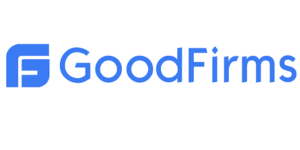
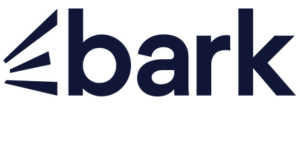






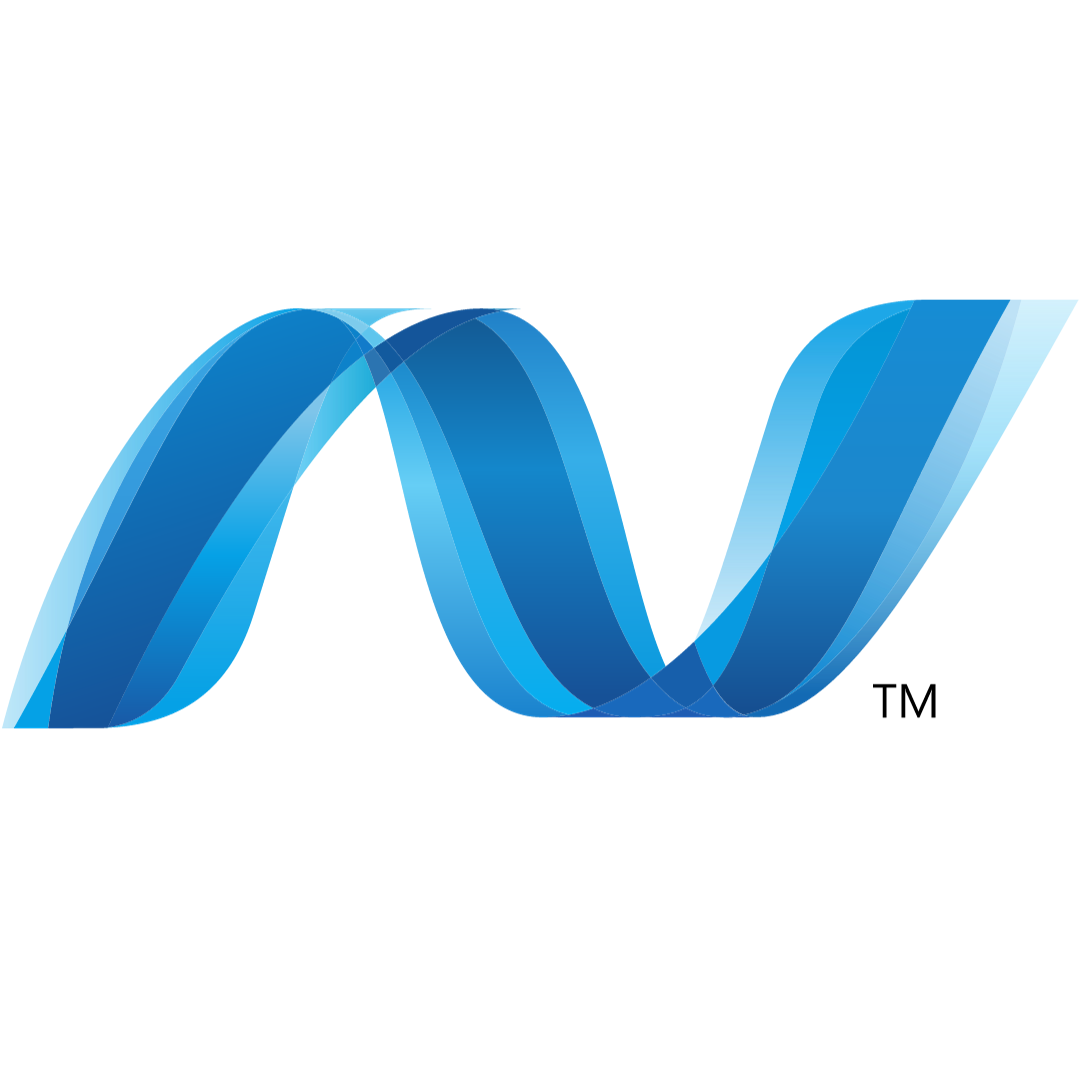





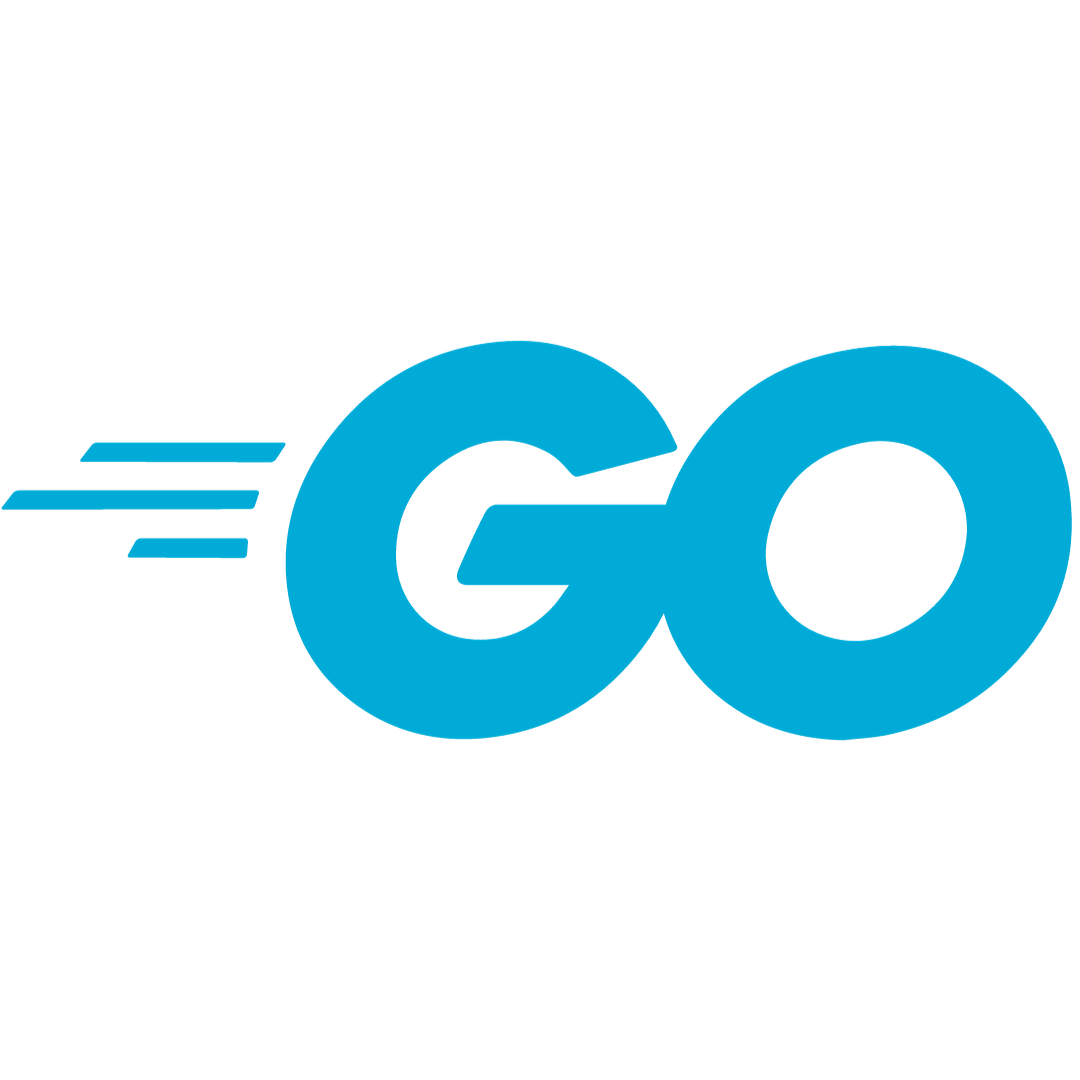






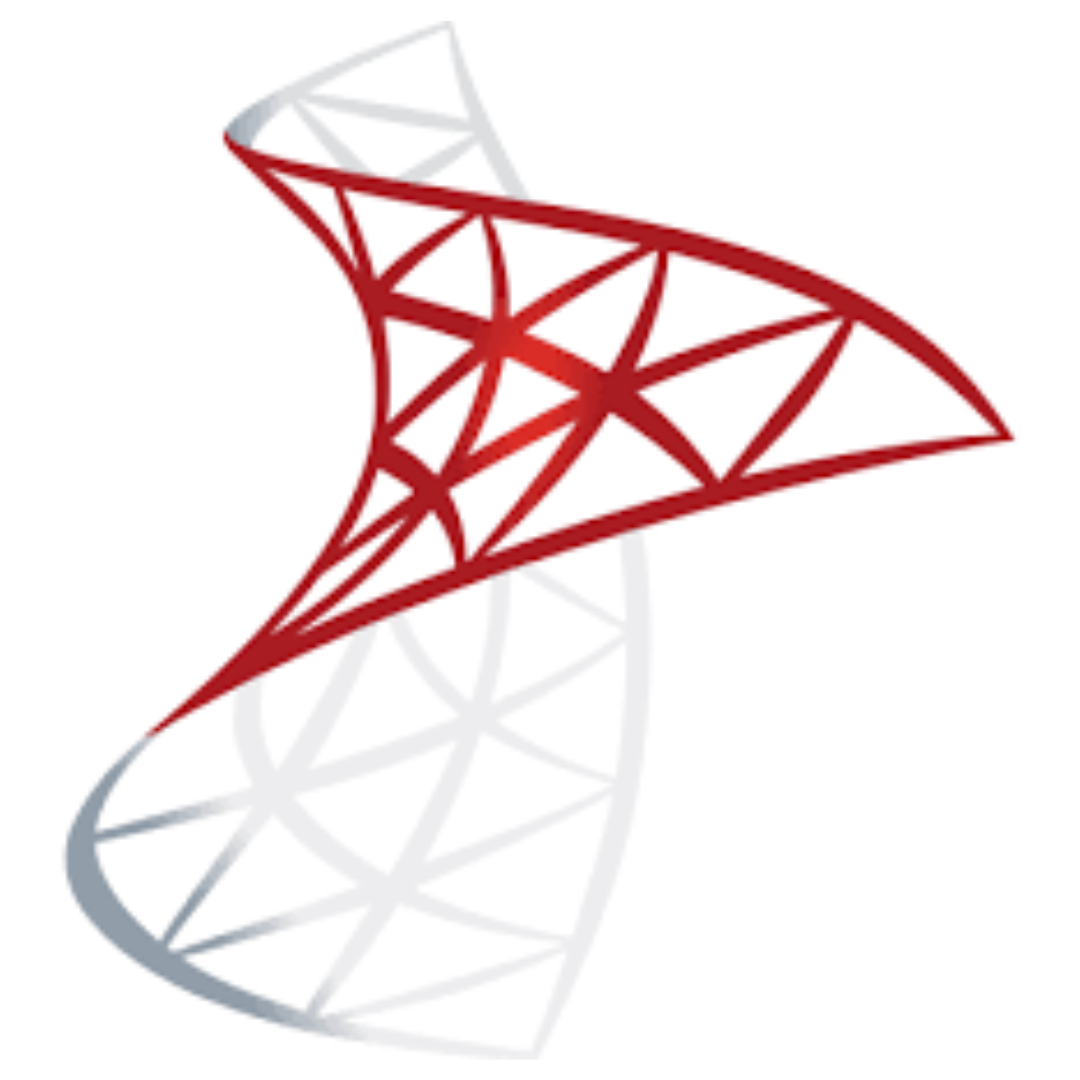




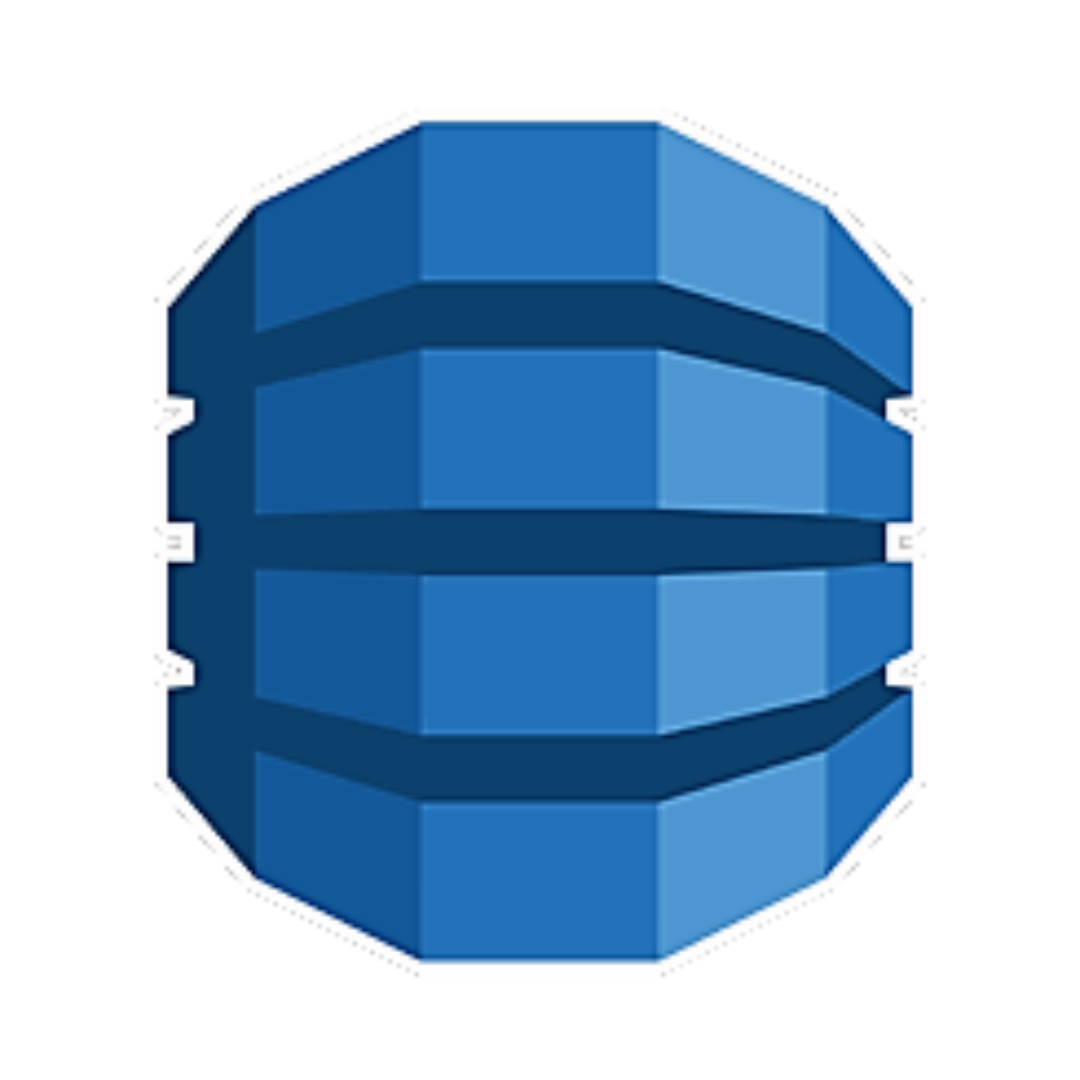

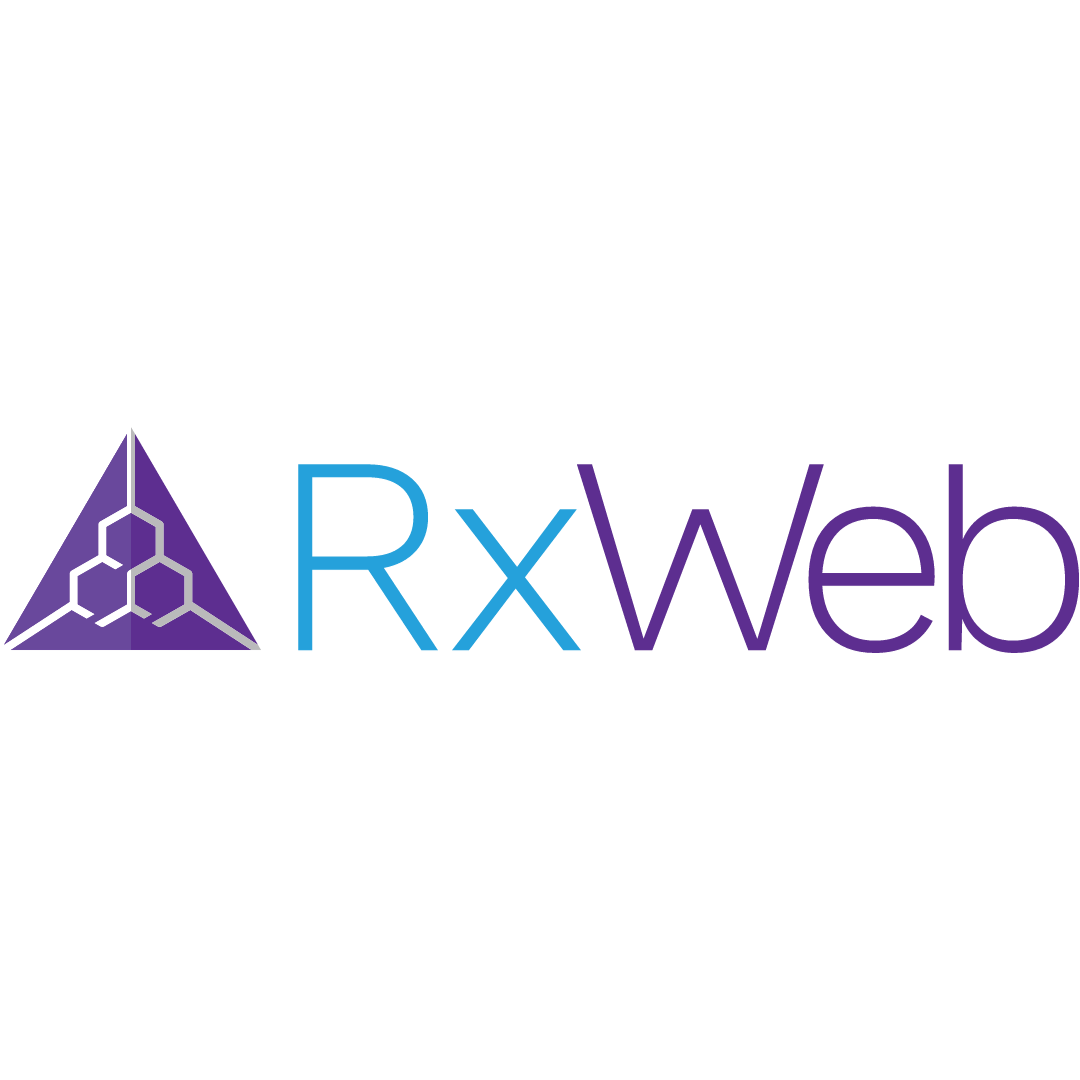


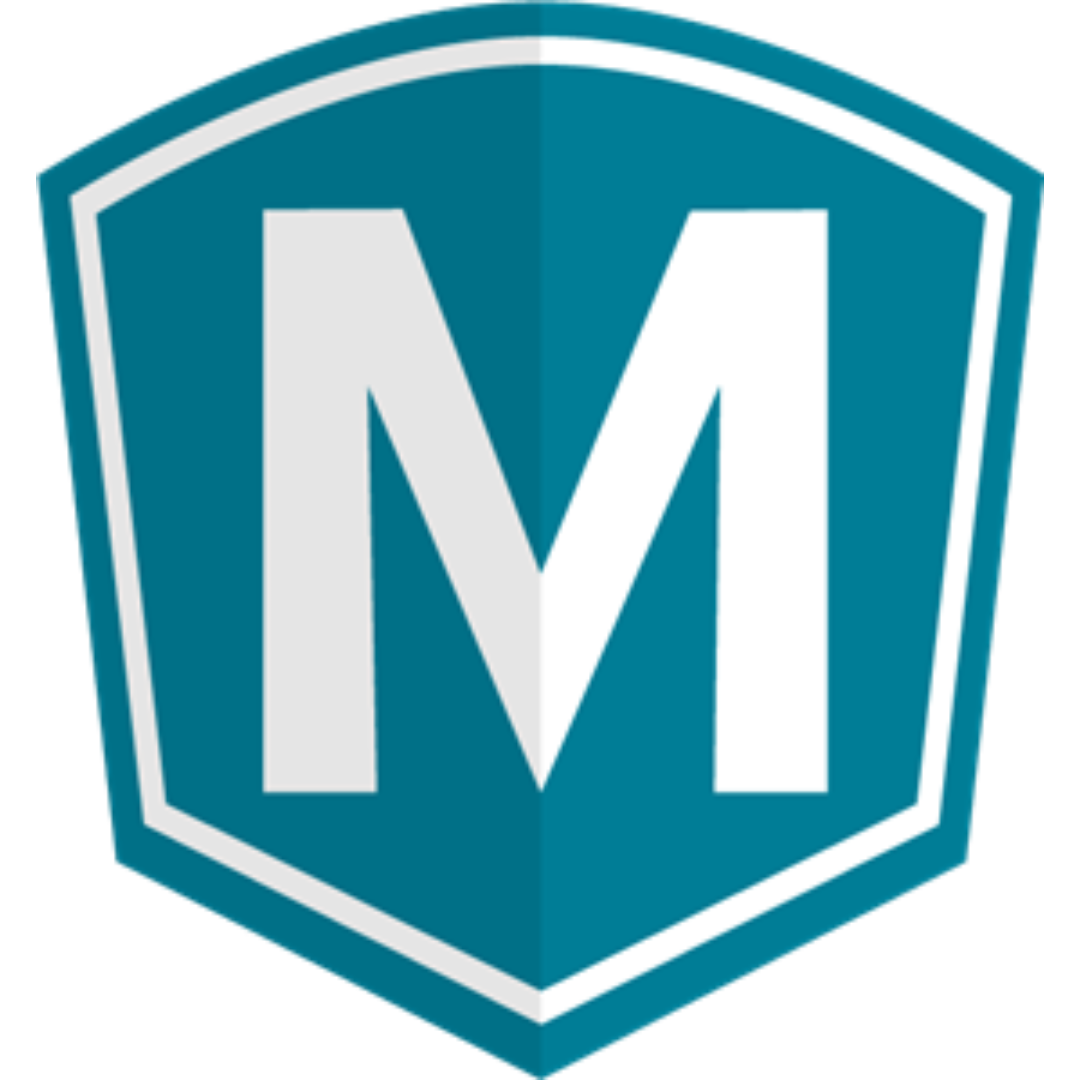
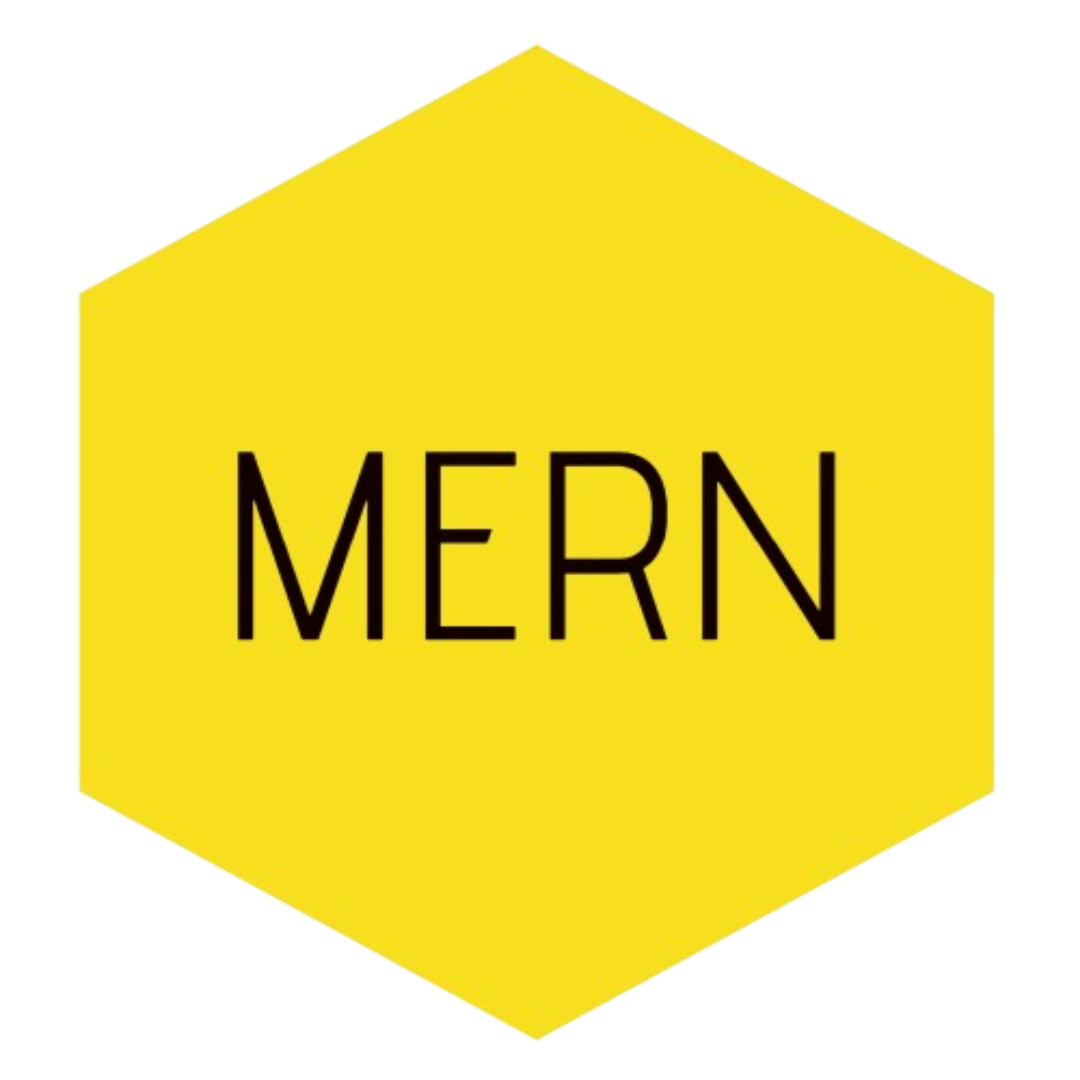
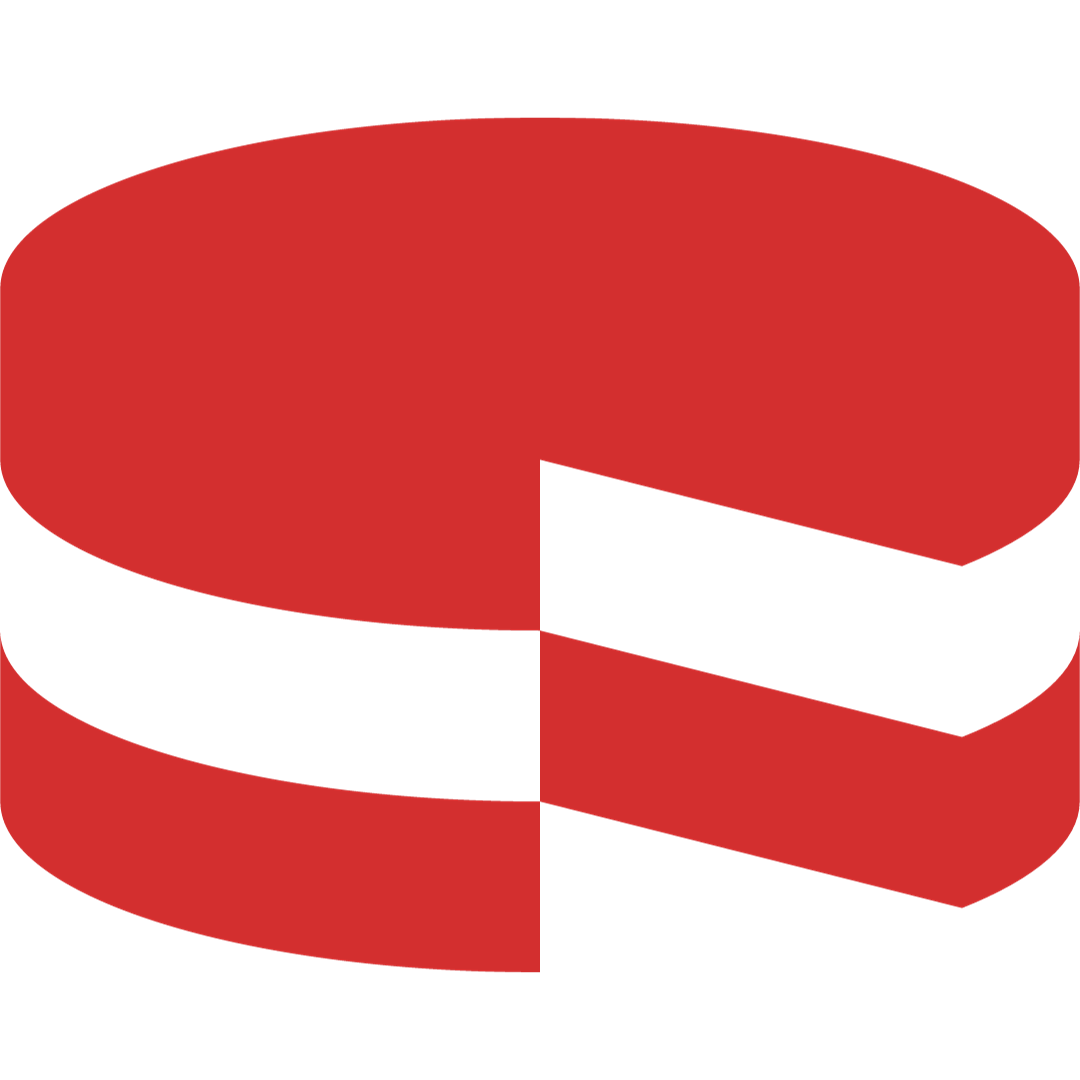





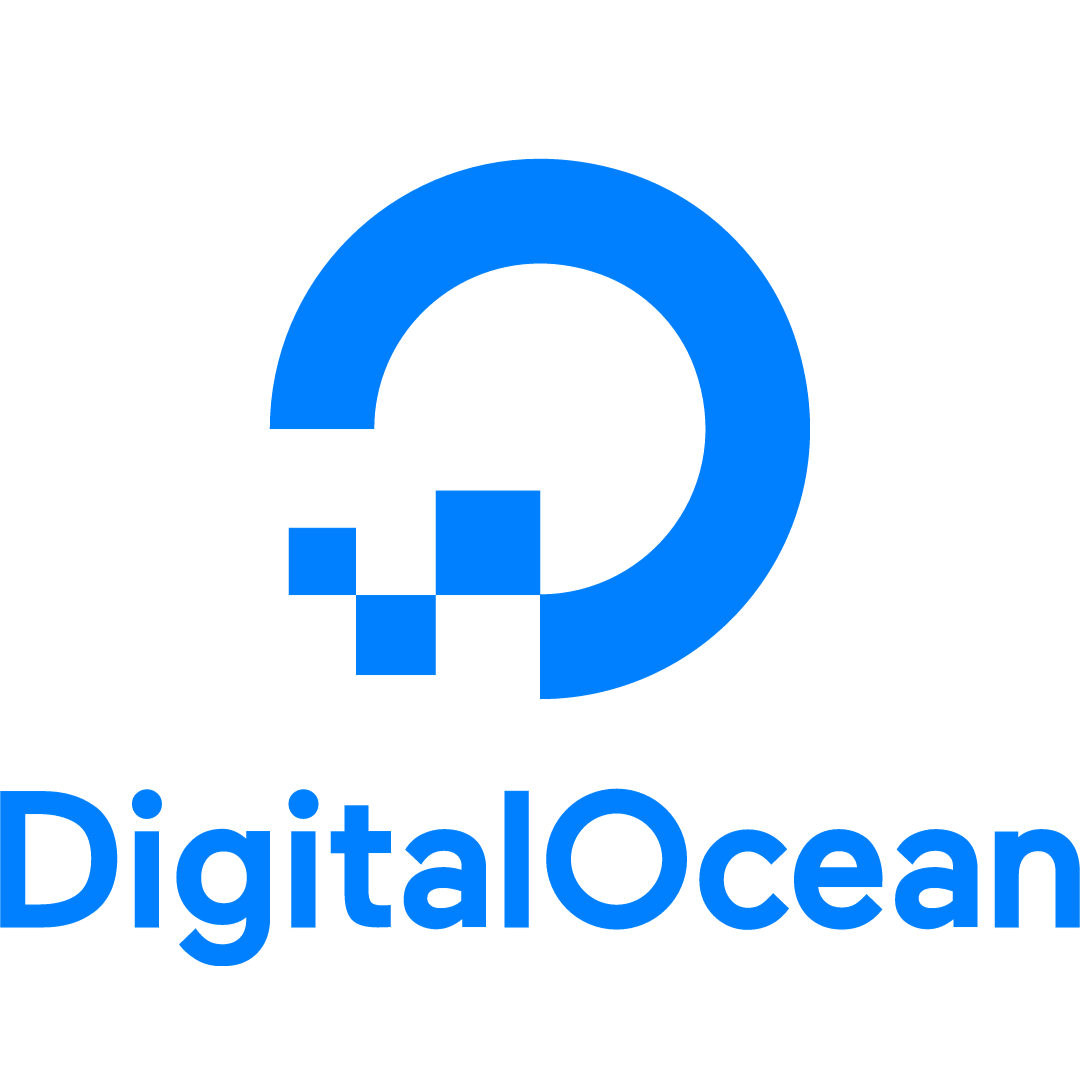

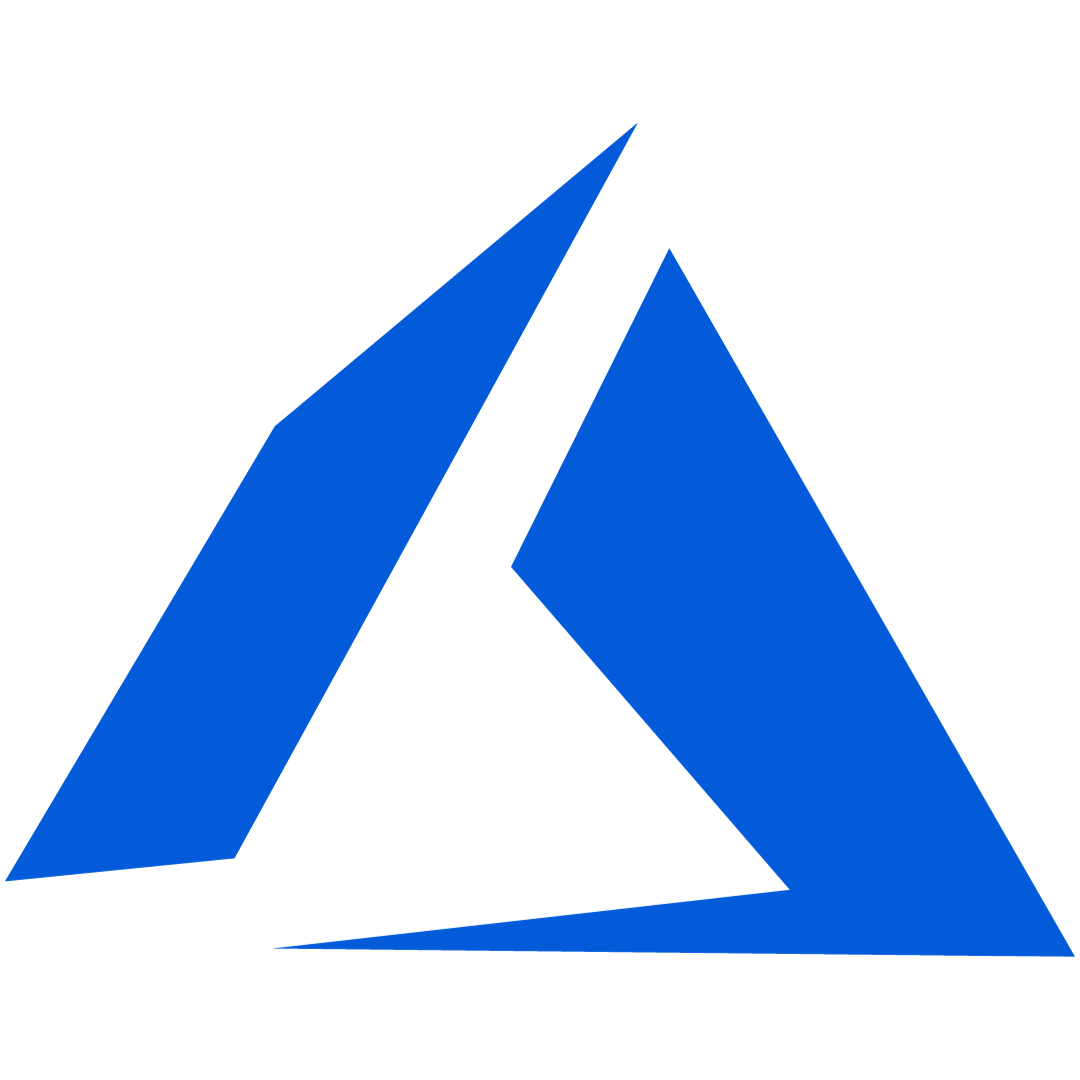
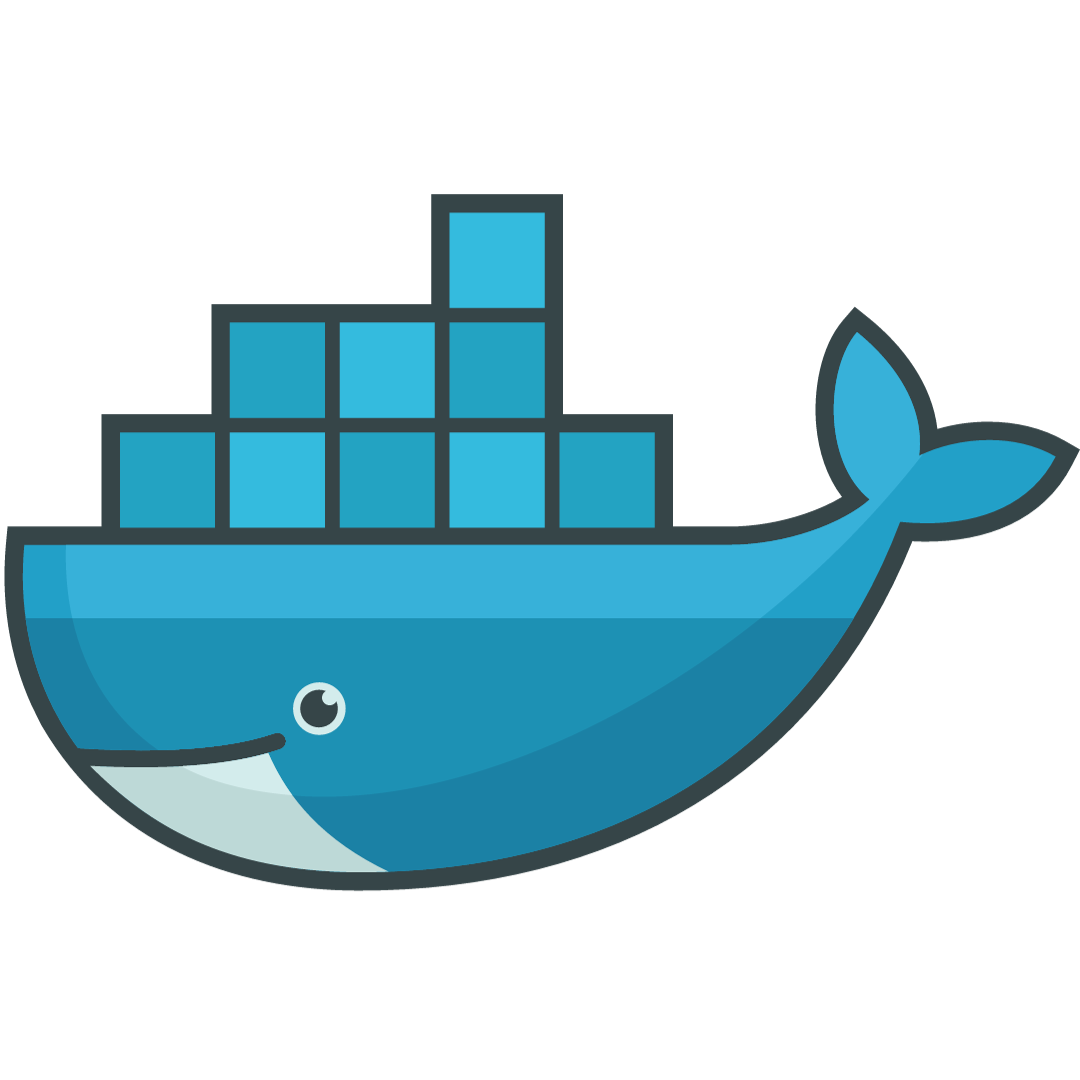









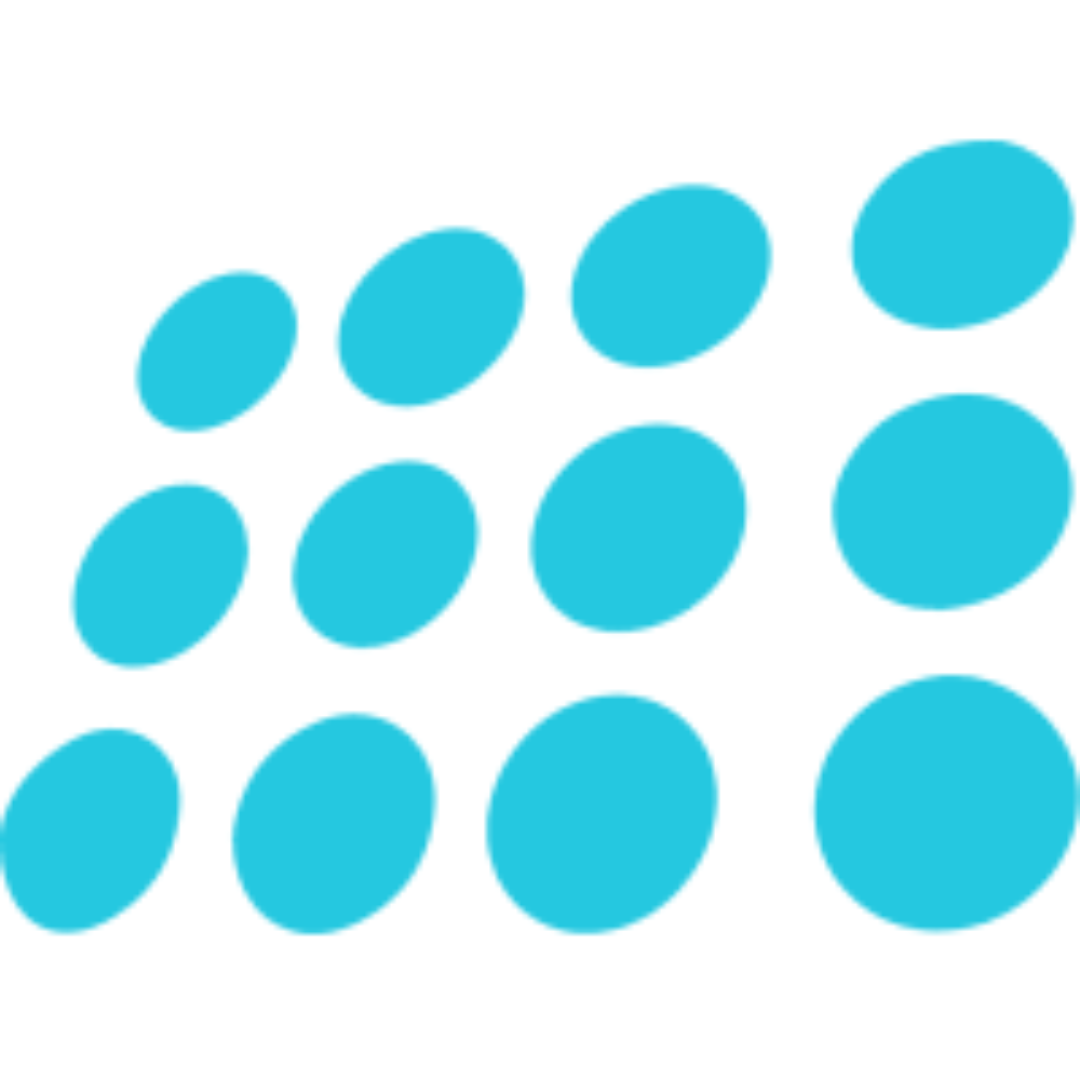



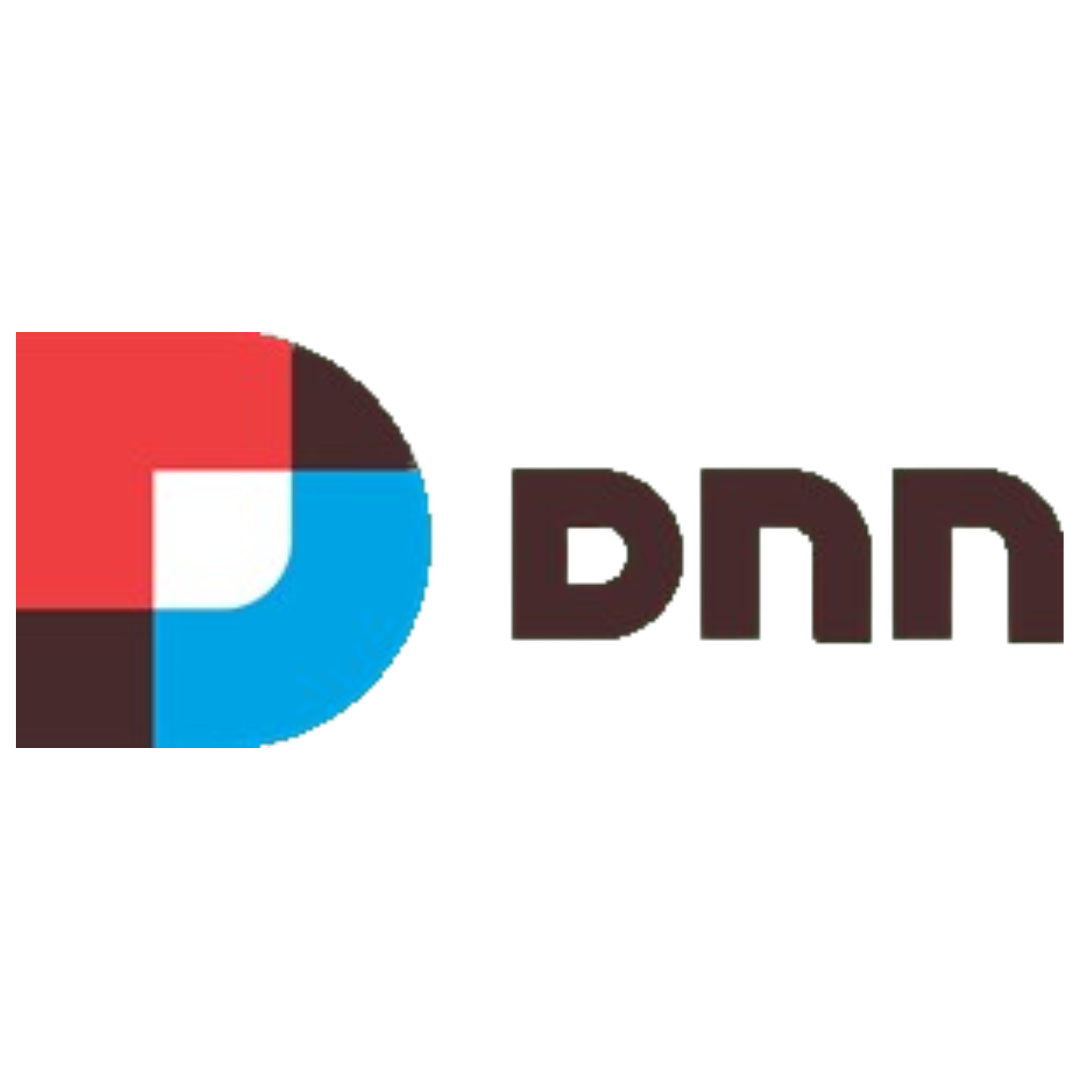

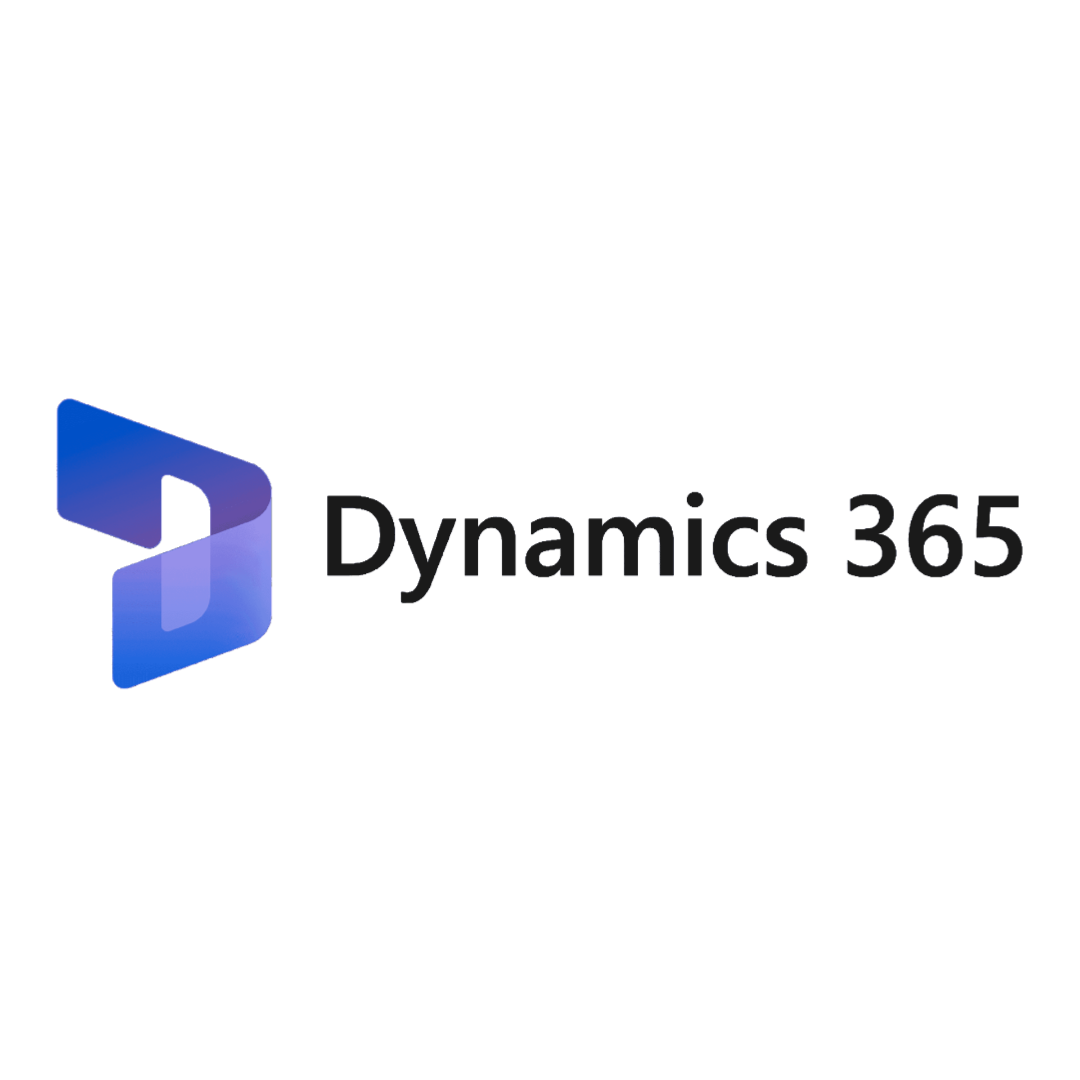




comments for "An Interview with Exavibes Services"
Leave a Reply